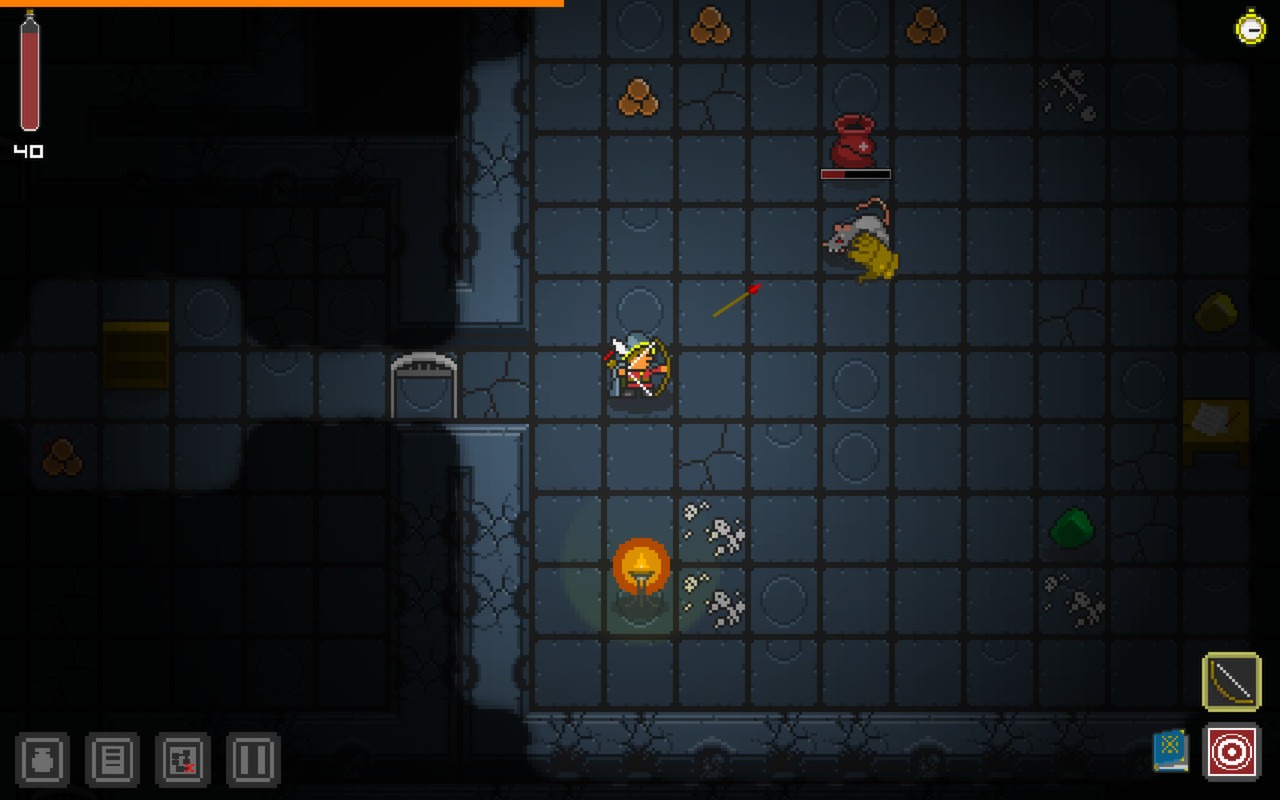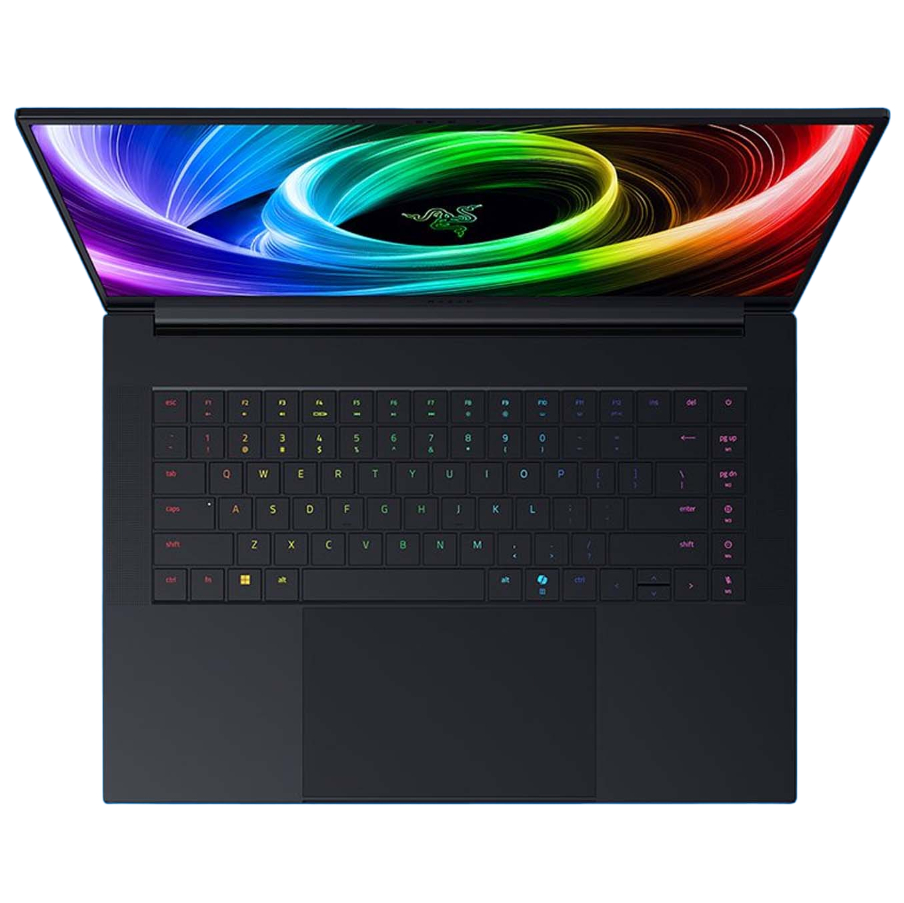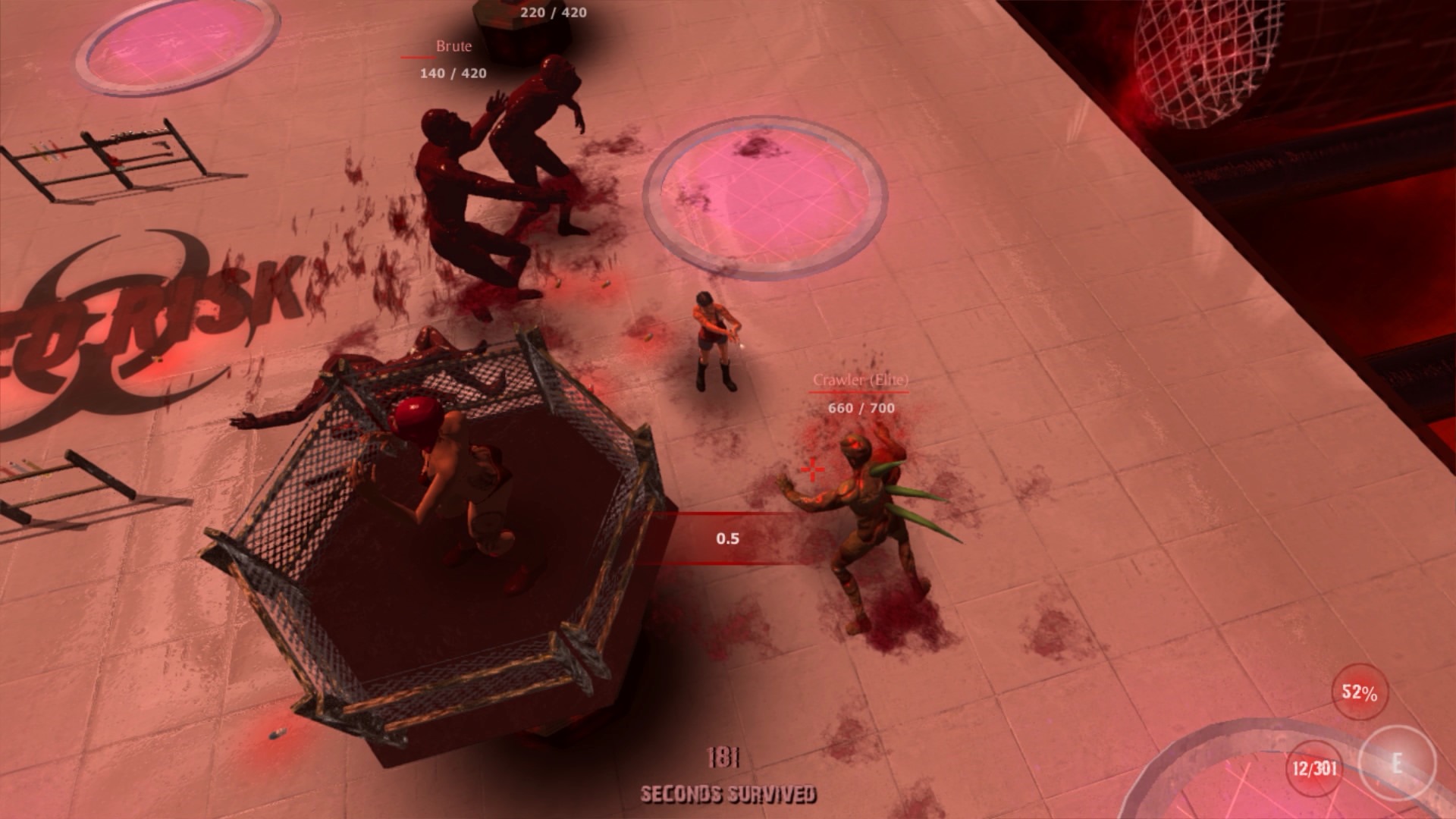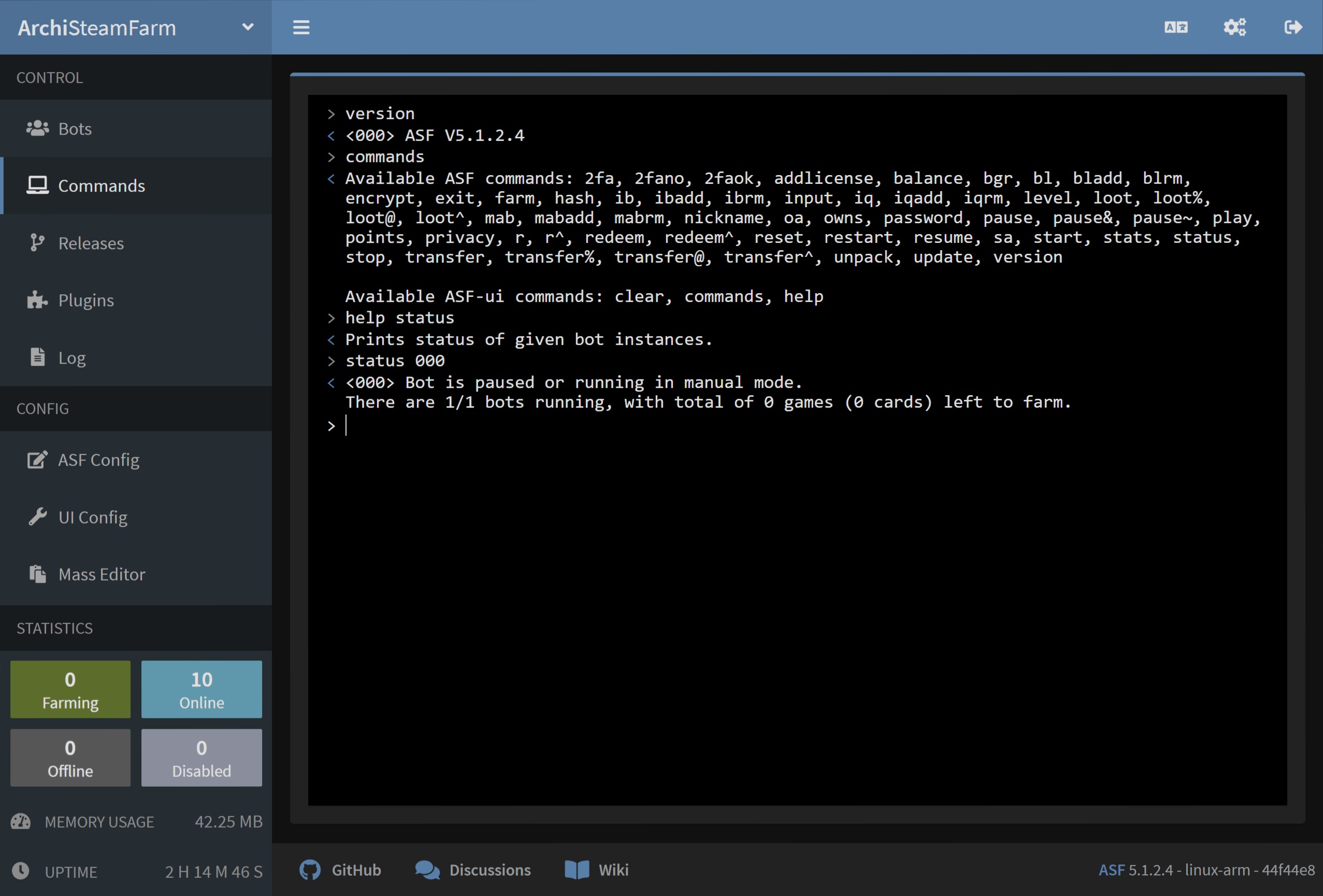You probably have like $100 in Steam trading cards on all those games you've never played, and you can get it without ever actually launching them
We're all just workers on Gaben's farm.

Hey, do you play Steam? No, I don't mean do you play games on Steam. I mean do you play Steam, the platform itself? Do you care about your profile level, your badges, the optimal allocation of your Steam Points?
Probably not, unless your brain is broken in all the right places (I empathise), but hear me out: you should. Not because any of it matters. It absolutely does not. But because you're sitting on a goldmine, people. I'm Matthew Lesko Joshua Wolens, and I'm here to teach you how to get free money from the government Steam.

Here is the thing: if you are anything like me, you have approximately 800 games in your library you have never played, will never play. When you stumble across them in your library you have no recollection of how they got there and no desire to find out. That's fine, but I'd bet a whole bunch of those games have a limited number of Steam trading card drops attached.
Card sharks
Even at a few cents per card, if you get all those cards from all those games and sell them on the Steam marketplace, you can make a pretty penny. In my many years of Steam trading card hoarding, I've probably made around £100 just from flogging cards to people who care about them for some reason.
Admittedly, I no doubt spent more than that buying the games I got the cards from. So is the real lesson here not to buy games you'll never play? No.
Steam doles out trading cards based on time played. The longer you leave a game's process running, the more of its drops you get until eventually you exhaust them. In my experience, that usually takes around 3 or 4 hours. Fortunately, you do not have to painstakingly download, install, and run every single unloved game in your library for hours at a time to get the drops. Smarter people than me have created tools that do it all for you.
But a brief aside: Valve stubbornly refuses to make it completely clear how it actually feels about tools that idle games for you. I reached out to the company to ask about it before writing this, and didn't get a reply. What I can tell you is that I, and plenty of others, have used these programs for years without having any issues at all.
Keep up to date with the most important stories and the best deals, as picked by the PC Gamer team.
In essence, based on analysis by the makers of these kinds of software, it seems that what Valve doesn't like is automation of Steam marketplace behaviours (no auto-selling and buying), which these card idlers don't do. Automating card drops and then manually selling those cards? Gabe Newell has bigger fish to fry.
Upsides, downsides
So, how do you do it? My app of choice is Archi Steam Farm, which is capable of doing countless different things but which I mostly use for two reasons. The first: unlike other card idlers, it lets me farm invisibly on my Steam account, meaning I'm not constantly spamming or baffling my friends list with 'Now Playing' notification toasts.
The second: it doesn't actually need to be running alongside the Steam client. You can run it on its own on a completely independent system from your main Steam PC. I've got it going 24/7 alongside other programs on a Raspberry Pi Zero 2 W—running Raspbian Lite—that lives underneath my television. Whenever I get a game with trading cards—or an old game in my library adds cards—it leaps into action and starts idling them.
That is, unless they're still within their refund window. The other advantage of ASF is that you can customise the hell out of it, including by telling it not to idle games that you might potentially want to get your money back on.
These are the sunlit uplands I inhabit. Downside is: it's all a bit of a faff.
These are the sunlit uplands I inhabit. Downside is: it's all a bit of a faff. To get ASF running you need to run through a couple of config pages tweaking all its myriad settings to suit your needs and wants, referring back to its (admittedly, exhaustive and well-laid-out) wiki for the settings whose names aren't self-explanatory, which is a bunch of them. A simpler alternative exists in the form of Idle Master Extended, but it's less versatile than ASF and Windows-exclusive—and it demands you run it alongside an open Steam client.
Another downside that might be a dealbreaker: ASF (and Idle Master Extended, and likely any other alternative you can name) needs your Steam login details to work. That's pretty precious info to hand over, and I wouldn't blame anyone for not fancying it. But I can say, again, I've never had a single issue in years of using ASF, and the app lets you encrypt your password by jumping through some hoops so you're not storing one of the most precious logins you have in plaintext.

Level with me
So let's say you've considered the faff and decided you're ready to live the idle life. What do you actually do with those cards you get? Sell them. The easiest way to do this is to head to your Steam badge page (at https://steamcommunity.com/id/[Your Steam name]/badges) and click on the page for each game you have badges for. Steam will let you sell them all at once for the going rate. You can also use something like Augmented Steam—which you should honestly be using anyway—to sell cards one-by-one from your Steam inventory at the touch of a button.
It is at this point I officially give you licence to stop caring about all this. Truly. Don't let Valve dupe you into thinking about its dumb profile levelling system.

Still here? Congratulations on sharing my precise kind of diseased brain. Now you can dedicate even more of your precious time on Earth to collecting these ridiculous baubles at maximum efficiency. Once you've exhausted a game of its card drops, you become eligible for boosters: three-card packs that Steam gives out as badges are crafted (in order to keep the supply of cards at a minimum level, since crafting a badge burns up cards for good).
Your odds of getting booster packs increases as your Steam profile level goes up. Your Steam profile level goes up as you get Steam XP. An easy way to get XP? Badges. Except you can't craft badges because you're selling the trading cards you need for them.
So instead, spend those Steam points (the ones you accumulate every time you drop yet more real money on games you may or may not ever play) on whatever the seasonal badge is. That gets you XP, XP gets you levels, levels get you booster packs, and booster packs get you more pennies. The pennies add up to produce actually meaningful sums of money you can use to acquire more games. Will you play them? Probably not.

We are all dead and in Hell. You might as well make some money while you're here.

👉Check out our list of guides👈
1. Best gaming laptop: Razer Blade 16
2. Best gaming PC: HP Omen 35L
3. Best handheld gaming PC: Lenovo Legion Go S SteamOS ed.
4. Best mini PC: Minisforum AtomMan G7 PT
5. Best VR headset: Meta Quest 3

One of Josh's first memories is of playing Quake 2 on the family computer when he was much too young to be doing that, and he's been irreparably game-brained ever since. His writing has been featured in Vice, Fanbyte, and the Financial Times. He'll play pretty much anything, and has written far too much on everything from visual novels to Assassin's Creed. His most profound loves are for CRPGs, immersive sims, and any game whose ambition outstrips its budget. He thinks you're all far too mean about Deus Ex: Invisible War.
You must confirm your public display name before commenting
Please logout and then login again, you will then be prompted to enter your display name.




